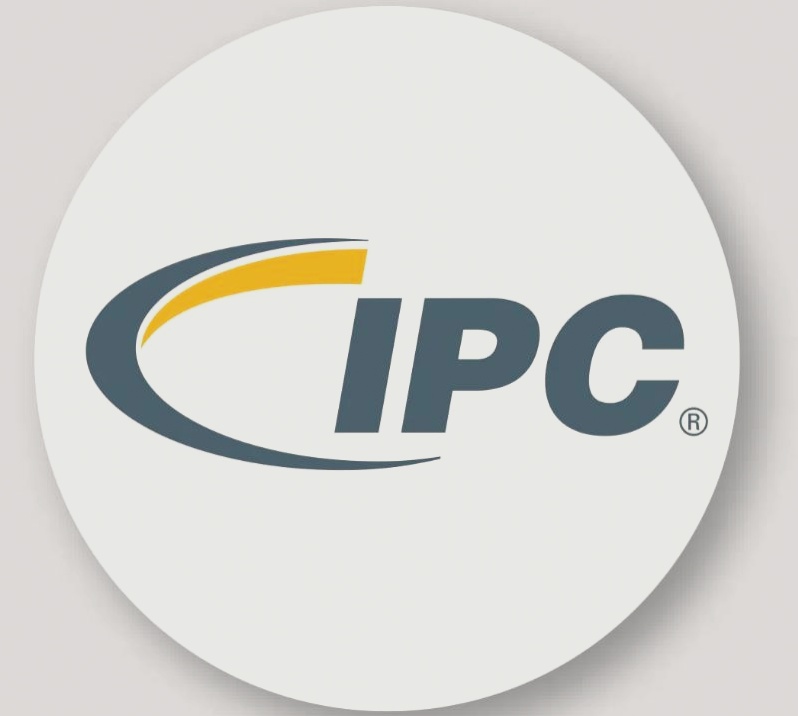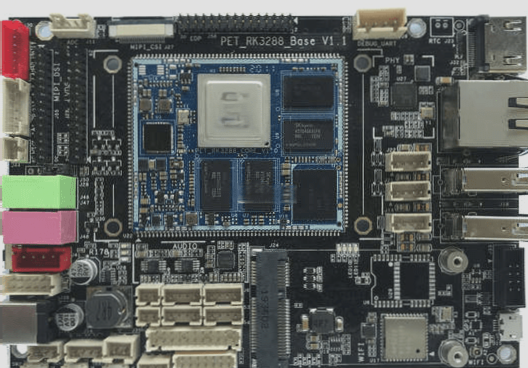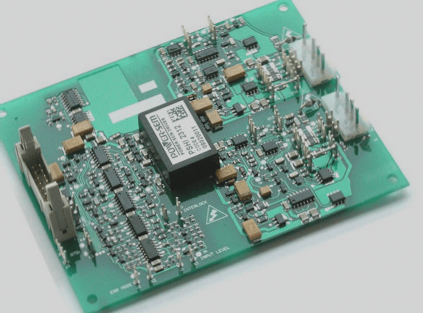1. IPC-A-610D (Electronic Components Acceptability Standards)
2. J-STD-001D (Soldering Requirements for Electrical and Electronic Components)
3. IPC-7711/21 (Rework and Repair of Electronic Components and Printed Circuit Boards)
4. IPC-A-600G (Printed Circuit Boards Acceptance Criteria)
5. IPC-A-620A (Technical Specifications and Acceptance Criteria for Cable and Harness Assemblies)

1. IPC-A-610, a standard for the acceptability of printed board components, is the most widely used inspection standard in the electronics industry. Internationally, this standard regulates the acceptable level of final products and high-reliability circuit board components. Currently, IPC-A-610 has been well-received by global OEM and EMS companies, particularly after the addition of lead-free content and translation into numerous languages.
2. IPC J-STD-001, Requirements for Soldered Electrical and Electronic Assemblies, has become the authoritative manual for the global electronics assembly manufacturing industry. This standard outlines the materials, methods, and audit requirements for producing high-quality lead and lead-free interconnecting components. It emphasizes process control and sets common industry requirements for all aspects of electronic connections.
3. IPC-7711/21, Rework, Repair, and Modification of Electronic Assemblies, provides manufacturers and assembly engineers with valuable guidance for reworking and repairing electronic components and PCB boards to save on manufacturing costs. This widely used standard covers skills for through-hole and surface-mount rework, connection plate, conductor, and laminate repair. It details the tools, materials, methods, and procedures for removing and changing coatings, surface mounting, and through-hole components. It also includes specifications for the repair and modification of circuit boards and components, with added guidance for lead-free, BGAS, and flexible circuit boards.
4. IPC-A-600G, Acceptability of Printed Circuit Boards, has achieved its goal of standardizing PCB process quality by defining acceptance criteria for ideal, acceptable, and rejected conditions. This standard helps PCB production and assembly personnel gain a deeper understanding of PCB quality inspection and enhances communication with suppliers and customers, making IPC-A-600 one of the most widely used standards.
5. IPC/WHMA-A-620, Requirements and Acceptance for Cable and Wire Harness Assemblies, was widely adopted internationally after its first publication in 2002 and quickly became the key standard for process, material, and inspection management in the cable harness industry. Supported by the WHMA Industrial Technology Steering Committee, IPC/WHMA-A-620 standards and certification courses have been translated into multiple languages and are internationally recognized as the acceptance standard for end products. The new version includes updated lead-free soldering standards and is now widely used by OEM and EMS companies around the world.


